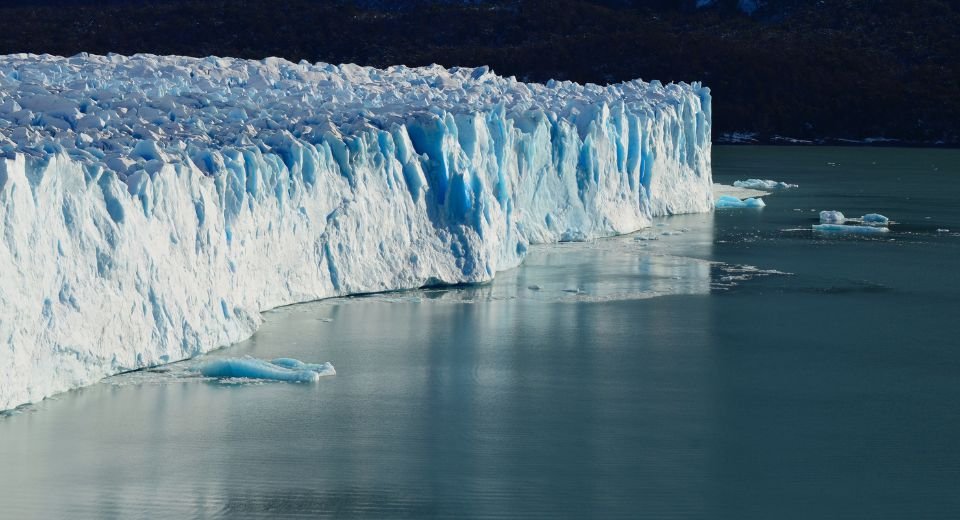HQ Team
January 18, 2024: The Greenland ice sheet has lost approximately 1,965 square miles since 1985 – an area roughly the size of Delaware, according to a study.
The study used satellite images to show the fast pace of the breakup of icebergs. The current consensus estimates of ice-sheet loss may have been underestimated by as much as 20%.
Global sea levels and climate models
Greenland holds about 8 % of the world’s freshwater and ice melt would mean the ocean levels rising and critically affecting the climate cycles. If the entire ice sheet were to melt, it could result in a sea level rise of almost 7 feet. The study also raises concerns that the United Nations Intergovernmental Panel on Climate Change (IPCC) might have underestimated the extent of ice loss in Greenland. This latest study adds to the mass of evidence reports piling up about the rapid rate of melting of major ice sheets.
The Atlantic meridional overturning circulation (Amoc)
The melting of the Greenland ice cap at almost 30 m tonnes per hour poses additional concerns for the Atlantic meridional overturning circulation (Amoc), a key ocean current system. The influx of freshwater into the north Atlantic from Greenland’s melting ice could accelerate the weakening of Amoc, potentially leading to severe consequences for ocean currents, ecosystems, and global food security.
“The changes around Greenland are tremendous and they’re happening everywhere – almost every glacier has retreated over the past few decades,” said Dr Chad Greene, at Nasa’s Jet Propulsion Laboratory in the US, who led the research. “It makes sense that if you dump freshwater onto the north Atlantic Ocean, then you certainly get a weakening of the Amoc, though I don’t have an intuition for how much weakening.”
The Amoc has been the weakest in 1,600 years. In 2021 researchers spotted warning signs of a tipping point. The worst-case scenario of an imminent collapse is 2025 with major Greenland ice sheets close to a tipping point of irreversible melting, with ice equivalent to 1-2 metres of sea level rise expected.
Tipping point
Scientists are concerned and emphasize the urgency of addressing climate change. Some believe that the Earth could face over 40 feet of sea level rise in the coming centuries if global temperatures settle around 2 degrees Celsius above the preindustrial baseline. The study’s use of artificial intelligence techniques to map glacier retreat over a 38-year period reveals a trillion tonnes of lost ice, challenging existing climate models.
The scientists said: “There is some concern that any small source of freshwater may serve as a ‘tipping point’ that could trigger a full-scale collapse of the Amoc, disrupting global weather patterns, ecosystems and global food security. Yet freshwater from the glacier retreat of Greenland is not included in oceanographic models at present.”
The findings highlight the need for comprehensive assessments of ice loss and its potential impact on Earth’s energy imbalance.

2 Comments